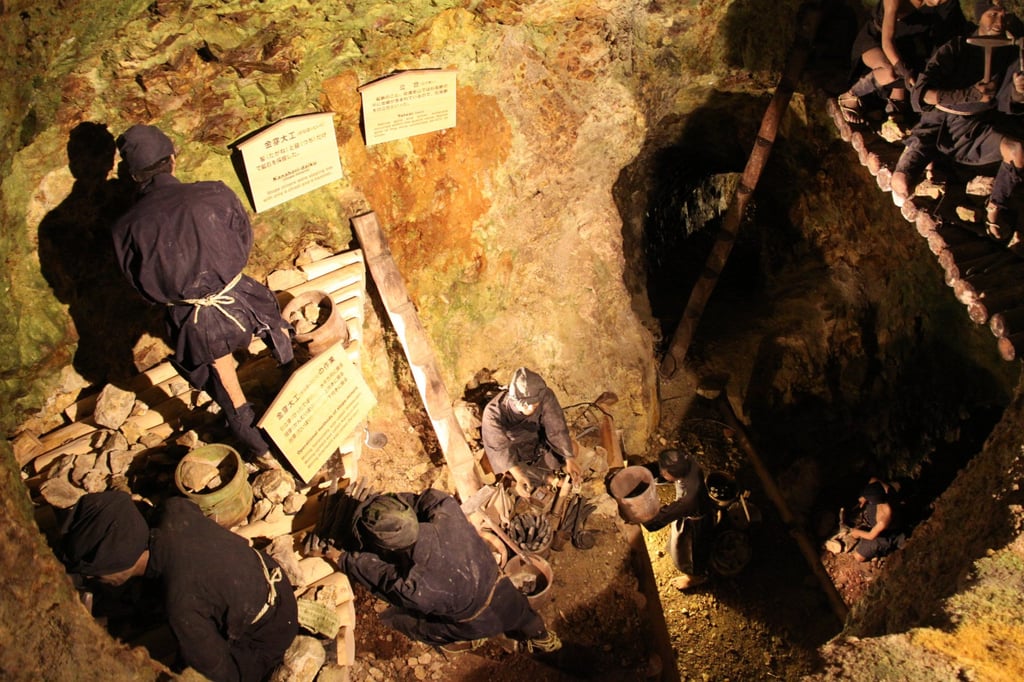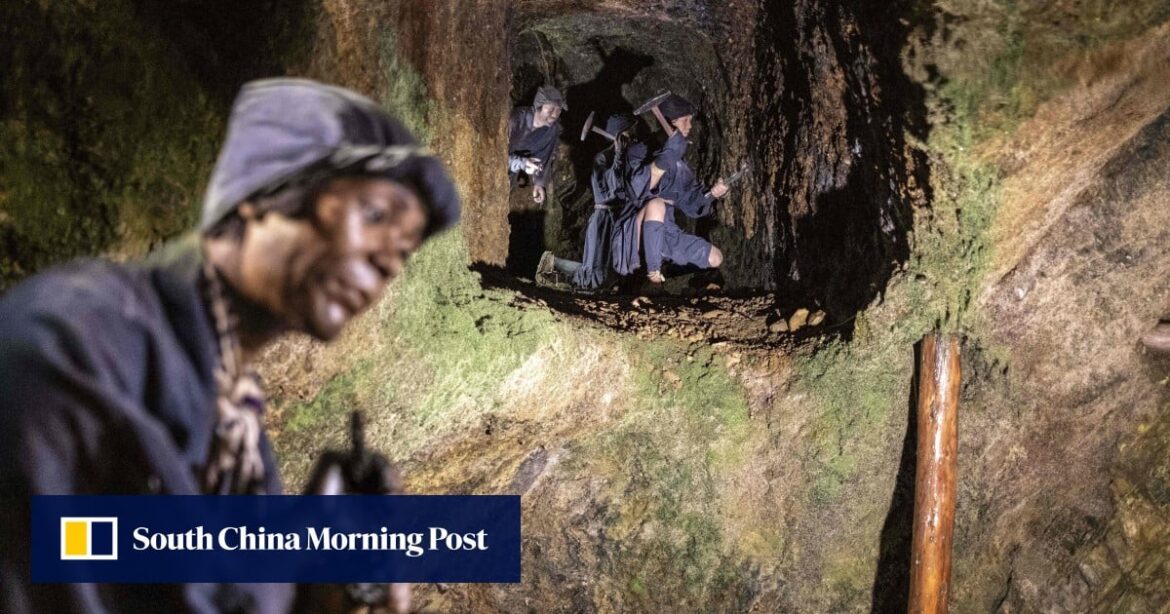South Korea’s decision to not attend a memorial event at the Sado Island gold mines in Japan underscores how bilateral ties are still strained by historical grievances, but analysts say both sides are mindful not to escalate tensions in the face of shared regional threats.Seoul informed Tokyo on Thursday that it would not send representatives to the September 13 ceremony honouring wartime workers at the disputed Unesco World Heritage site, citing a failure to agree on language acknowledging Korean forced labour during Japan’s colonial rule.
Yet, experts say the restrained handling of the disagreement by both governments signals a determination to prevent the diplomatic row from spiralling.
“Rationally, given the situation in northeast Asia at the moment, I do not think that either government wants to escalate this disagreement to the point that it again becomes angry exchanges,” said Lim Eun-jung, a professor of international studies at Kongju National University.
“Both governments are trying to limit the risk caused by historical issues to their bilateral relationship because they can see the closer economic and military ties that are developing between China, North Korea and Russia,” she told This Week in Asia. A museum on Sado Island recreates the working conditions in the gold mine in the early years of the last century. Photo: Golden Sado Inc
A museum on Sado Island recreates the working conditions in the gold mine in the early years of the last century. Photo: Golden Sado Inc
Despite long-standing resistance from South Korea, the Sado Island gold mines in Niigata prefecture were added to Unesco’s list of World Heritage sites last year. Japan had previously agreed to provide a “full explanation” of the site’s history for visitors, although South Korea claims information at the site today fails to live up to that promise.


AloJapan.com